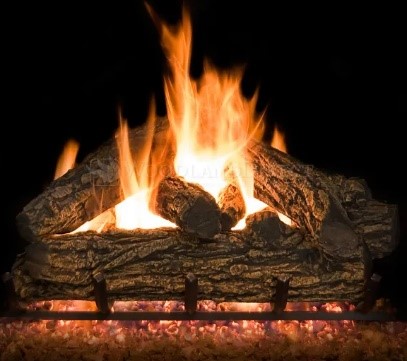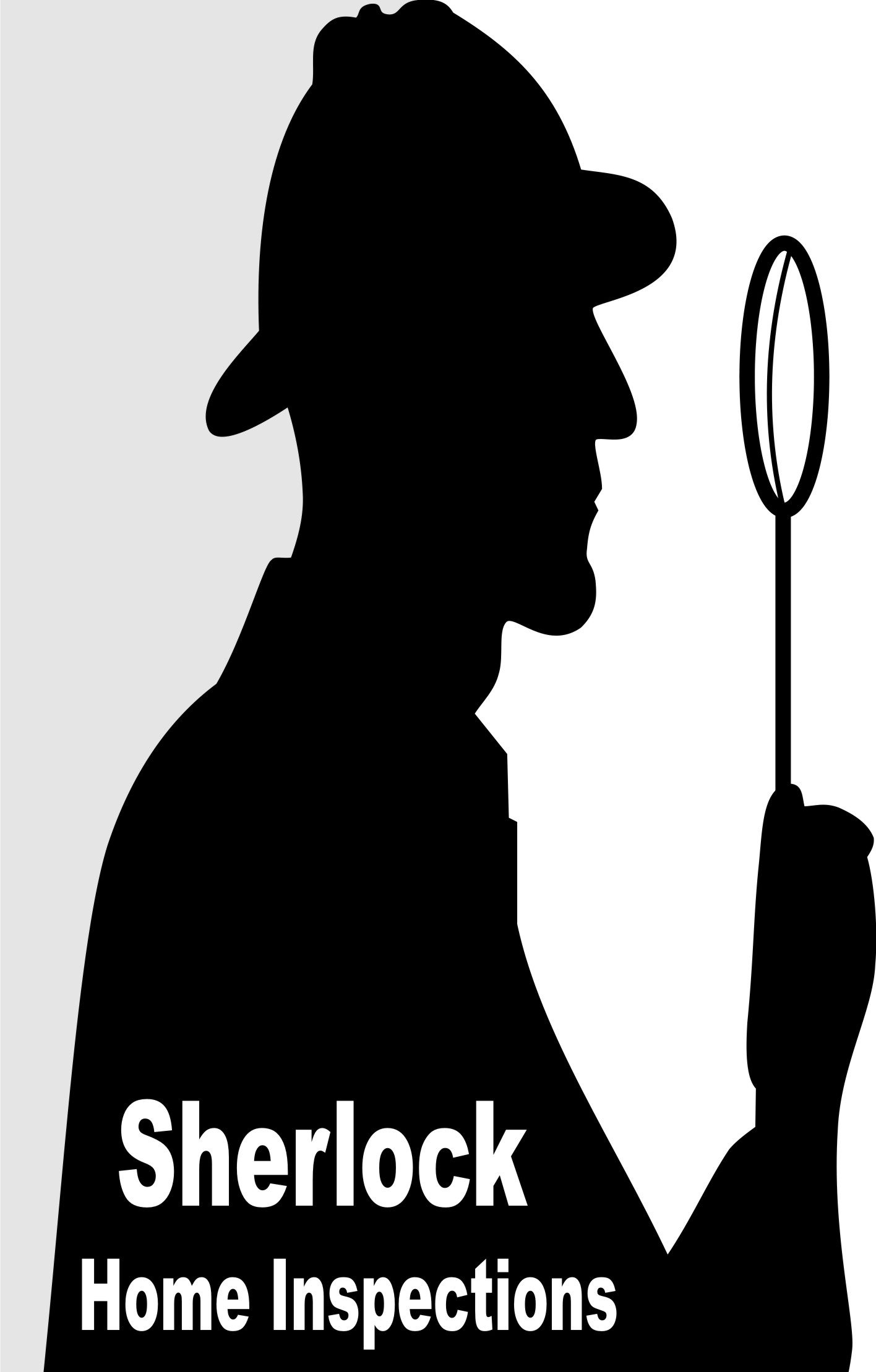
While fireplaces are less common in Florida, if you do have one, this is a good time to check your fireplace safety and maintenance.
Curling up in front of a cozy fire is great when it’s cold outside.
However, maintaining it properly is essential. Taking care of your fireplace can reduce accidents and fire hazards that can endanger your house, as well as you and your family.
Check out these 15 tips from the experts:
- Fireplaces should not be used as furnaces. Use a fireplace for a short-duration fire — no longer than five hours.
- Keep the glass open to allow air to be drawn up to cool the chimney, but keep the screen closed to prevent sparks from jumping onto the carpeting.
- Never leave a fire unattended when children are in the house. Adults, even if near, should not allow children to play near or with fire tools and equipment.
- Open a window when using the fireplace to prevent the room from becoming smoky. The air coming in from the window will go up the chimney.
- Before making a fire, open the glass doors, pull aside the screen curtains, and place the kindling, newspaper and logs inside. Next, open the damper and a window. The window needs to be open only a few inches. You can check to make sure the smoke will go up the chimney properly by lighting a match, quickly blowing it out and watching the smoke to see whether it’s going up and out.
- Keep a nonflammable rug (available at fireplace-supply stores) in front of the fireplace so that sparks won’t melt or otherwise damage your carpeting.
- Use fireplace tools to handle burning logs. Never use your hands.
- Use a chimney cap to prevent water damage, to keep animals from nesting and to keep debris from blocking the chimney and causing carbon monoxide to flow into the house. Use a spark arrester to help prevent sparks from flying out, which could start a fire on the roof or lawn.
- Glass doors may develop tough stains from flames and heat. To clean them, make sure the glass doors are cool, then scrape off any thick gunk deposits with a razor blade. Add a squirt of liquid dishwashing detergent to a bucket of warm water, or add a cup of vinegar to a gallon of water. Spray or sponge the cleaner on, and then wipe it away with newspaper (which is lint-free). Another option is to buy glass cleaner at a fireplace store.
- Fireplace coals can remain hot enough to start a fire for up to three days, so always wait at least that long before removing the ashes. At that point, close the damper to prevent cold air in the flue from stirring up excess dust while you’re removing the ashes. Be sure to wear a dust mask and open a window in the same room as the fireplace to prevent negative air pressure. Use a shovel to scoop the ashes into a metal container. Store the container far from combustible materials and surfaces and wood floors.
- Never use a vacuum to clean up ashes, because live coals may remain in those ashes.
- Have a certified chimney sweep inspect and clean the chimney when necessary. Have him show you how to check it yourself, too. The chimney should be checked at least once a year or after about 80 fires.
- Shine brass fireplace utensils with Worcestershire sauce and a toothbrush.
- Clean the firebox (the area where the logs burn) at least once a week during the months you use it, when ash builds up. Leave about an inch of ash because it acts as insulation, allowing the coals to heat faster and retain the heat easier. Keep the firebox completely clean during the months when the fireplace is not in use.
- To clean an exterior slate hearth, wash, dry and coat it with lemon oil every six weeks to make it shine. For cleaning exterior brick hearths, buy a brick cleaner at a fireplace shop.
